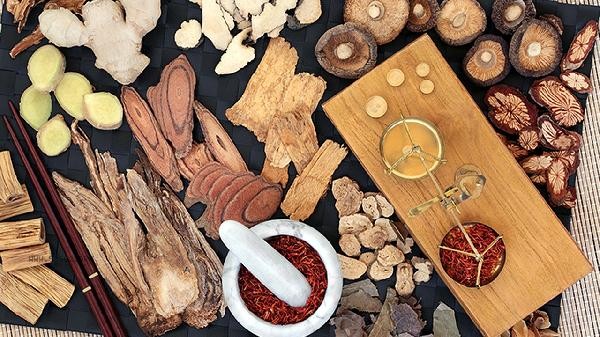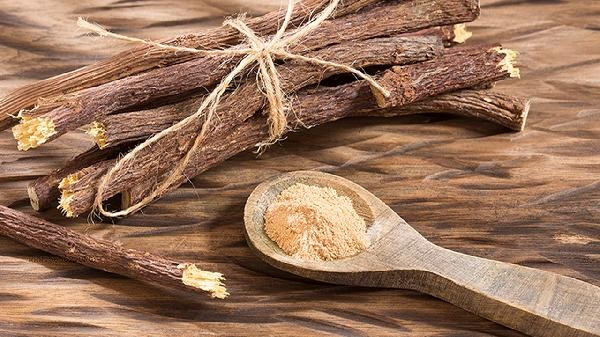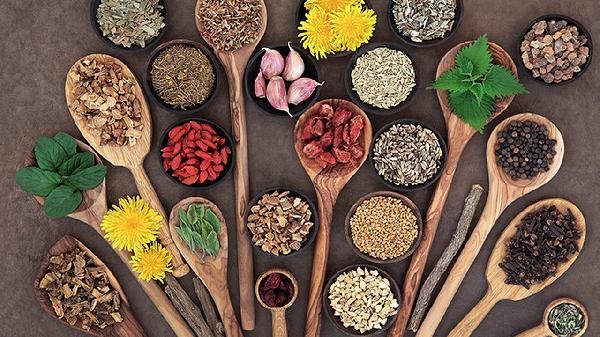Stewed soup can use medicinal herbs such as Huangqi, Danggui, Goji, Codonopsis pilosula, and Yam to nourish the body. These medicinal herbs have the effects of nourishing qi and blood, nourishing yin and moistening dryness, and strengthening the spleen and stomach, making them suitable for people with different constitutions to regulate their bodies.

1. Astragalus membranaceus
Astragalus membranaceus has a sweet and slightly warm taste, returning to the spleen and lung meridians, and has the effects of tonifying qi, stabilizing the surface, promoting diuresis, and reducing swelling. Suitable for those with qi deficiency, fatigue, and loose stools. Huangqi contains Huangqi polysaccharides and saponins, which can enhance immunity. When stewing soup, it can be paired with chicken or lean meat. It is recommended to consume 2-3 times a week and use with caution for those with yin deficiency and excessive heat.
2. Danggui
Danggui is warm in nature, sweet and spicy in taste, and belongs to the liver, heart and spleen meridians. It is known as the holy herb in the blood. The main functions are to nourish blood and promote blood circulation, regulate menstruation and relieve pain, suitable for people with pale complexion and menstrual disorders. Danggui contains volatile oil and ferulic acid, which can promote hematopoietic function. It can be stewed with black chicken or lamb. It is recommended for women to take it continuously for 3 days after menstruation, and for those with loose stools, it should be reduced.
III. Goji Berry
Goji berry has a flat and sweet nature, and belongs to the liver and kidney meridians. It has the effects of nourishing the liver and kidneys and benefiting the senses. Suitable for those with dry eyes, sore waist and knees. Containing wolfberry polysaccharides and betaine, it can resist oxidation. It is recommended to stew with ribs or Roast squab, with a daily dosage of 10-15g, and stop eating when exogenous fever occurs.

4. Codonopsis pilosula
Codonopsis pilosula has a sweet and mild taste, and can regulate the spleen and lung meridians. It can nourish the middle and qi, strengthen the spleen and lungs. Suitable for those with loss of appetite, lung deficiency, and cough. Containing Codonopsis pilosula saponins and inulin, it can improve digestive function. It is often used in combination with Poria cocos and Atractylodes macrocephala to stew soup, with a dosage of 15-20 grams per time. It is not suitable for those with confirmed heat syndrome.
5. Yam
Yam has a flat and sweet nature, and belongs to the spleen, lung, and kidney meridians. It has the effects of tonifying the spleen, nourishing the stomach, generating fluids, and benefiting the lungs. Suitable for those with weak spleen and stomach, dry mouth and tongue. Containing mucin protein and amylase, it can protect the gastric mucosa. Can be stewed with pork ribs or duck meat, with a fresh dosage of 100-150 grams. Constipated individuals should use raw yam with caution.

Herbal stew soup should be selected based on the differentiation of constitution, and it is recommended to consult a traditional Chinese medicine practitioner for constitution identification. Different medicinal herbs can be used alternately in daily life to avoid long-term single supplementation. The stewing time should be controlled at 1-2 hours, and soaking the medicinal herbs for 30 minutes in advance is more likely to precipitate effective ingredients. Avoid eating raw, cold and greasy food during taking, and suspend Tonic Diet conditioning when you have a cold and fever. Paired with moderate exercise such as Ba Duan Jin and Tai Chi, it can enhance the nourishing effect.









Comments (0)
Leave a Comment
No comments yet
Be the first to share your thoughts!